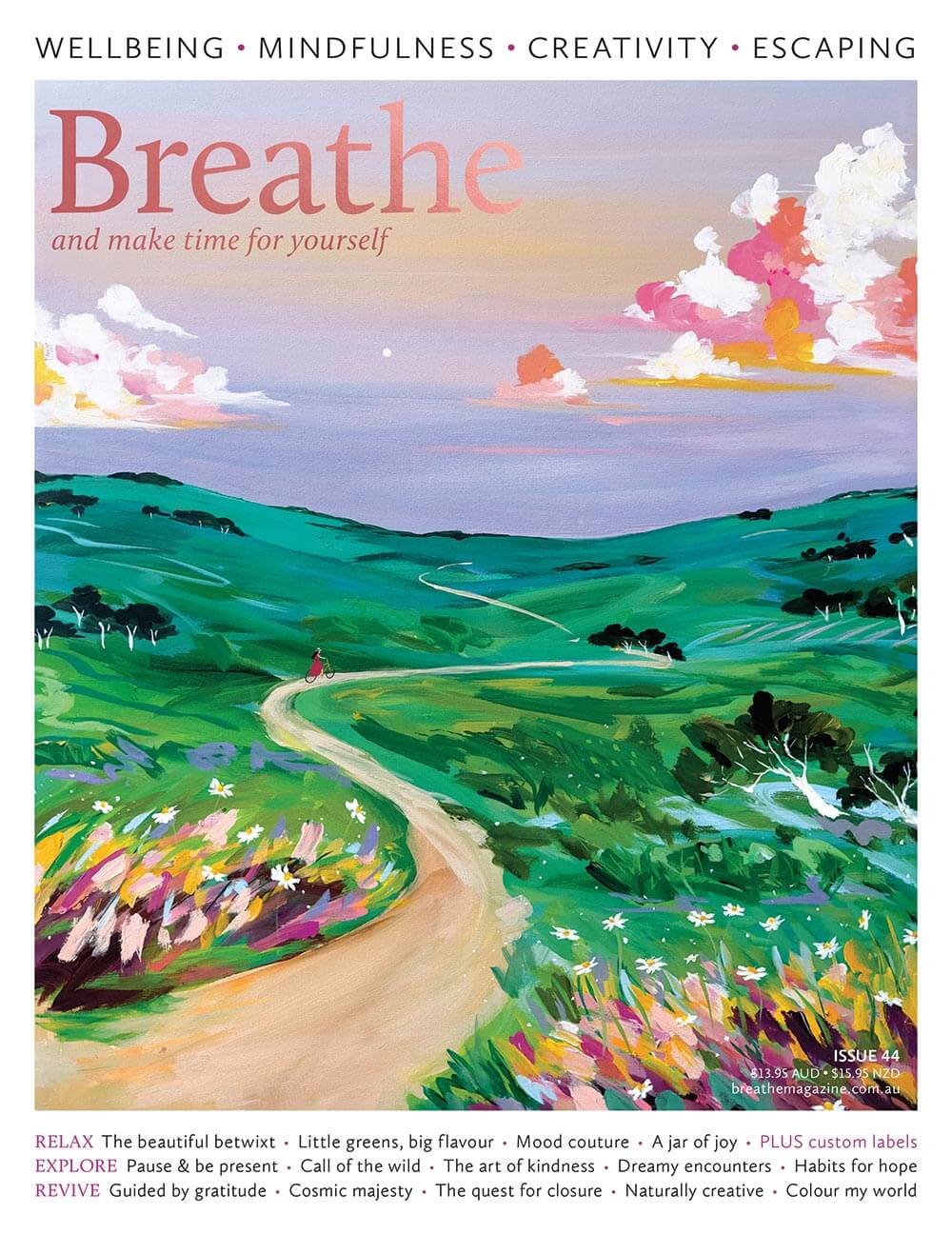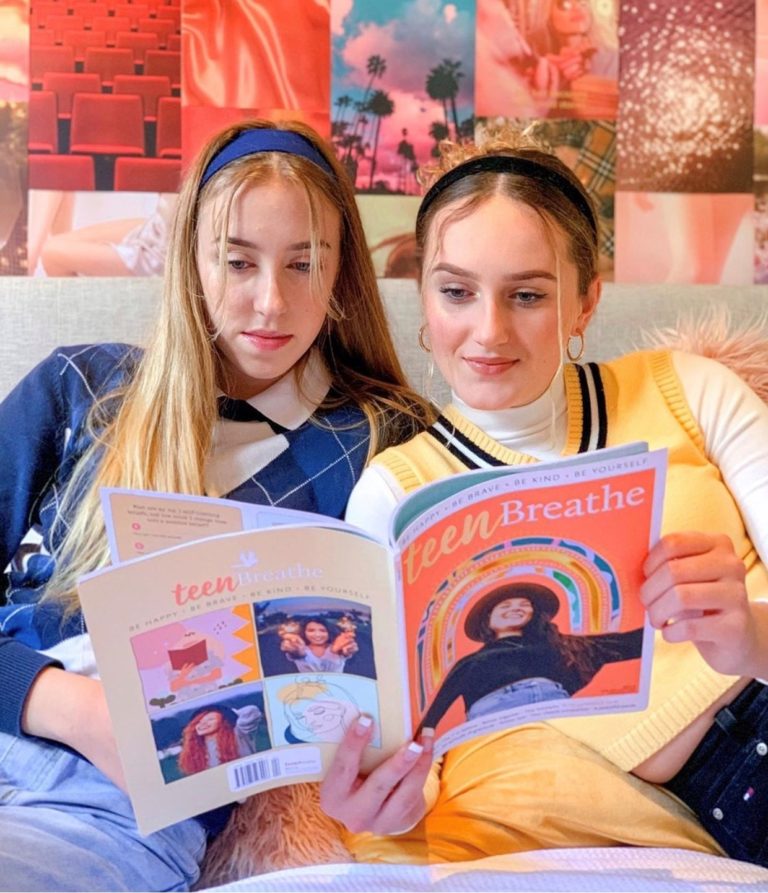
Forming an identity that's truly yours can feel challenging, so let's unpack the process
Can you remember being a young child and going with the flow? It might have been wearing clothes you hadn’t chosen, listening to music selected by your family, or just watching TV shows others thought would be good for you. Many children are quite happy to fit in with what’s decided for them. Some even copy what their friends and older siblings wear and do.
But there comes a point when a yearning to be separate – and to be your own person – begins to emerge. This search for personal identity, which is part of adolescence and growing up, is sometimes called individuation. This might sound a little daunting. Yet it’s a totally natural and gradual change that everyone goes through as they work out what’s important to them, the values they hold, and what their priorities are – in other words, the core of their identity.
Experts who study how this identity is forged explain that it often involves small but significant separations from parents and family. This period of change might, for example, include a desire for more privacy. It can also involve rebellion against social and family norms, a wish to establish a personal style or brand through clothes or music, or a move away from sports and hobbies of early childhood.
The transformation often occurs without any real attention being paid to it. Sometimes the only indications of what’s happening are a few family disagreements and a feeling of being somewhat stifled at home. An interest in new forms of self-expression is another signal that the process has started.
It’s helpful to be aware of – and reflect on – what’s happening, as this is a good time to establish personal values and boundaries that will inform later decisions about friends, study, and work. There are times, though, when individuation is more complicated. There might be painful clashes with parents and teachers, especially when there is a strict family set-up or a lot of cultural pressure to conform.
Some people rebel against all the family’s norms without a clear understanding of what’s being shaken off or what might take its place. When this happens, it’s understandable that guardians and siblings might feel as though they’re being rejected. So, it’s important that everyone tries to keep talking and listening to each other.
Growing up and building your own identity can mean treading a tricky path. Taking time out to ask yourself a few questions about who you are and what really matters to you (see overleaf) might make it easier. Most importantly, be kind to yourself as you go through this process of growing and let those you love and trust know if you’re struggling. Becoming you will take a while but it’s worth the effort.
The changes you’re going through
Understanding that individuation is a natural part of growing up will help you through it. Recognising when it might be under way – and working out how to explore the various areas of change – is also useful. Here are some of the crucial elements that make up who you become:
Values
These are qualities and factors you consider important in how you go about your life and relationships. They could include courage, compassion, honesty, love, community, kindness, and selflessness. Most people hold a handful of key values. You could think about the ones that matter most to you and how you might build them into the way you live.
Personality traits
These are stable characteristics that influence everything you do. Some examples include conscientiousness, agreeableness, risk-taking, and being open to new experiences.
Cultural identity
This is how you absorb and express the culture(s) you belong to. You could reflect on some ways you relate to and want to engage with your background, such as how you cook certain foods or style your hair.
Friends and relationships
Begin to think about the kind of people you’re compatible with and what you value in those close to you. What are you looking for in a friend? Does honesty or a willingness to take risks appeal most to you?
Hobbies
Interests are a central part of identity, so it’s good to start pursuing ones that reflect your personal desires and values rather than any you may have inherited. For instance, if you value adventure, have a go at bushwalking or horse-riding. If intellectual curiosity is your thing, you might be more interested in joining a book club.
Personal toolkit
The path to figuring out who you are will vary, but keep asking yourself a few of these key questions along the way:
- What are my values?
- How can I use these values in my daily life?
- Which traits do I share with my parents?
- In what ways am I different from my parents?
- What kind of person do I want to be when I get older?
- Is there one lasting value I’d like to be known for? If so, what is it?
- How would my closest friends describe me in three words? And do I want to be the kind of person they describe?
- Who are my role models? And what do I admire about them?
Find your values
- Achievement
- Adventure
- Balance
- Compassion
- Contribution
- Curiosity
- Determination
- Fairness
- Fun
- Growth
- Honesty
- Humour
- Justice
- Kindness
- Leadership
- Learning
- Love
- Loyalty
- Openness
- Optimism
- Power
- Respect
- Responsibility
- Spirituality
- Stability
- Success
- Trustworthiness
- Wisdom
This story was originally published in Teen Breathe Issue 34 (page 58) with the title: Age of discovery























